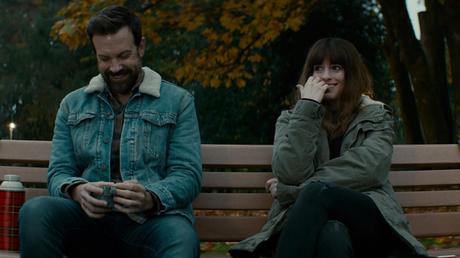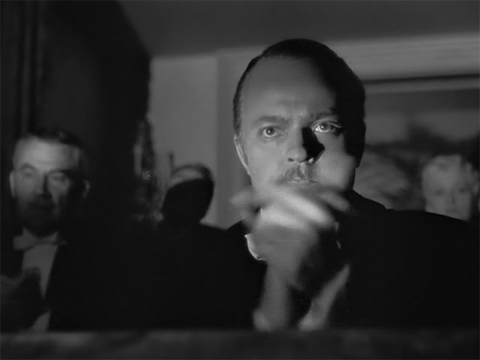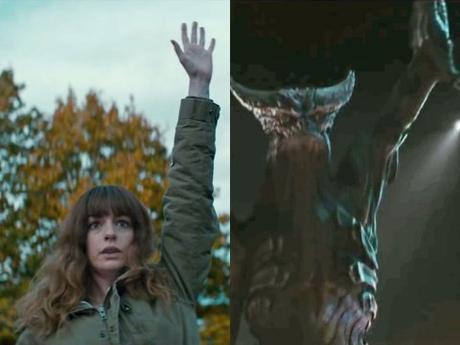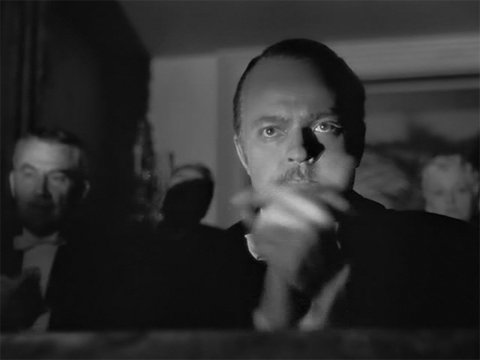
Colossal is what happens when you take one kind of film, mash it up with a completely different kind of film, and end up with something both familiar and entirely unique. That type of fusion cinema is all the rage in the indie world these days, giving rise to such recent mash-ups as ( Guess Who's Coming to Dinner as a horror film), ( Before Sunset as a heist movie) and Sleight ( Chronicle meets Iron Man meets Dope). Colossal, though, takes the cake for the most inventive and bravest mash-up yet, mixing a mumblecore version of Young Adult/ When a Man Loves a Woman with an indie budget Pacific Rim. The sheer audacity of what director-writer Nacho Vigalondo ( Timecrimes) has set out to accomplish deserves a round of applause.

Absolutely.
Anne Hathaway plays Gloria, a long-term unemployed writer whose constant wallowing in self-pity and alcoholism finally breaks her boyfriend's (Dan Stevens) patience and causes him to throw her out of his gorgeous New York City apartment. Newly homeless, Gloria has no choice but to retreat to her family's unfurnished and unoccupied rental home in the Middle America town she grew up in. The challenge before her, as explained by her boyfriend during their breakup, is to use this moment to end her rudderless existence, finally get her shit together and stop drinking so damn much. So, of course she gets a job as a waitress at a bar and spends her nights downing beers with the bar owner/former grade school classmate Oscar (Jason Sudeikis) and his friends (Tim Blake Nelson, Austin Stowell).
And now for the hard twist into monster movie territory...
Shortly after Gloria's return home, a kaiju monster appears literally out of the thin air in Seoul, South Korea but only stays for a couple of minutes before disappearing again. This keeps happening day after day, with the monster sometimes causing considerable damage and other times simply standing there making weird hand motions (all of which looks surprisingly convincing for a movie with such a small budget). Gloria gradually realizes through big-wall-of-crazy detective work that she's actually the one controlling the monster, with her actions somehow connected to a specific spot in town where she knows something weird happened to her when she was a kid but she can't quite remember all of the details. Thus, there is a mystery to be solved through slowly doled out flashbacks, although that's more like background noise to the larger issue of the, ahem, very large monster scaring the crap of those innocent South Koreans.

But what dramatic purpose does this serve? What's the point of all this? It can't just be to do something totally awesome. There has to be a character-based reason for such a crazy conceit.
There is, and it's not the one you might expect. Since Colossal is a difficult film to easily summarize, much of the bite-sized press on social media has given the impression that this is a film in which a woman's grief over a break-up manifests as a giant monster wrecking a city, like a weird rom-com revenge spin on A Monsters Calls. However, the break-up is merely the instigating event of the plot. The kaiju is not some manifestation of her rage and heartbreak but instead a metaphor for the way she has wrecked her own life through irresponsible and self-destructive behavior. That sad woman at the bar flirting with all the wrong guys and falling off her seat is now that scary monster flailing about in a city, but the burden of now being responsible for the deaths of so many people halfway around the world might just be the truly sobering moment she'd long since evaded.
Or at least that's what I thought Colossal was about. The second half of the film, though, takes a sudden turn into co-dependency and feminist messaging, with Gloria drowning in the toxic masculinity of those men who would initially appear to be her knight in shining armor. Men are constantly either trying to own and possess Gloria or to tell her what to do and how to be. This calls upon Sudeikis to deliver a career-best performance as the nice local bartender with a sinister side and for Stevens to portray a handsome, sophisticated man unaware of his own subconscious sexism. Both prove up to the task, but it is Hathaway who delivers the standout performance, completely convincing as a white-hot mess who when faced with extreme circumstance manages to find a strength she didn't know she possessed.
Of course, Colossal isn't exactly subtle with this messaging, particularly the deeper we get into the plot. Plus, an inordinate amount of screen time has to be devoted to simply explaining the premise. Others have fairly pointed to those factors as explanation for the film's failure to truly achieve greatness. To which I say, fair enough. However, I was so wowed by Colossal 's audacity as well as so moved by its central performances that I ended the film wanting to do this:

Colossal is so entirely unique that it might receive a fair amount of outsized praise from those who are simply happy to see something this original in a marketplace drowning in sequels, prequels, remakes and reboots. Colossal, by comparison, certainly stands out as being unlike anything else out there, and probably unlike anything you've ever seen before, even though its individual parts are recognizably inspired by the likes of countless monster movies and various indie dramas. However, if that's all Colossal had to offer then it would simply be a novelty film. But the very first Godzilla wasn't really about a monster destroying Tokyo; it was about Japan working through its post-Hiroshima/Nagasaki anxieties. Similarly, Colossal isn't really about a monster; it's about bullying, toxic masculinity, alcoholism, a woman standing up to a man. Sometimes those two halves don't go together as smoothly as they should, but damn did I ever enjoy watching Nacho Vigalondo and his cast try and mostly succeed in making the mash-up work.
ROTTENTOMATOES CONSENSUS

